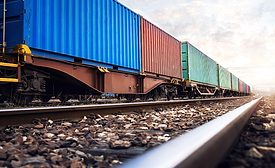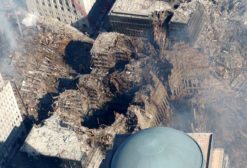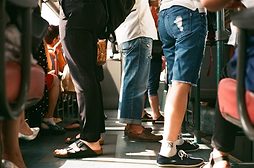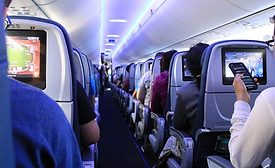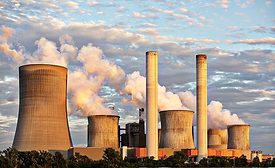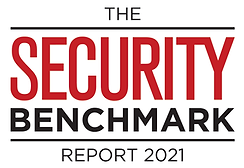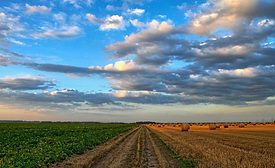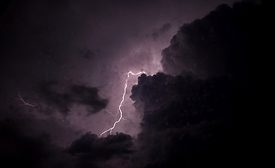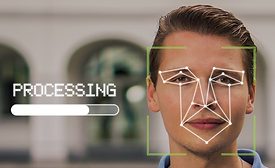Transportation/Logistics/Supply Chain/Distribution/ Warehousing
Washington woman convicted of ‘shunt’ attack on BNSF Railroad
Placed device that impairs train safety systems such as crossing guards and track signals
September 13, 2021
Sign-up to receive top management & result-driven techniques in the industry.
Join over 20,000+ industry leaders who receive our premium content.
SIGN UP TODAY!Copyright ©2024. All Rights Reserved BNP Media.
Design, CMS, Hosting & Web Development :: ePublishing

